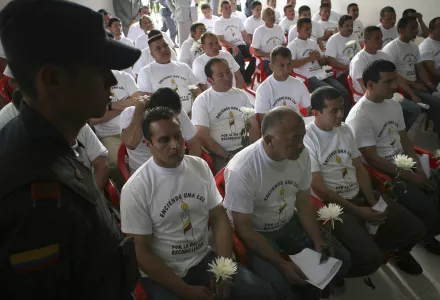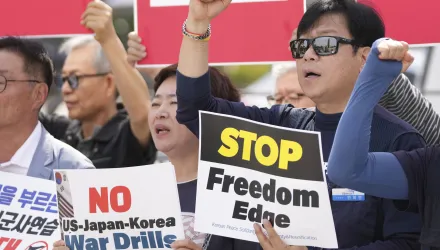International Security is America's leading peer-reviewed journal of security affairs.

Summary
Existing research stresses the importance of individual motivations for desertion, but organizational decline also can condition desertion. Analysis of unique data on more than 19,000 reported deserters of the Revolutionary Armed Forces of Colombia (FARC) reveals that organizational decline undermines a group’s instruments to promote collective action, including selective incentives, ideological appeal, and coercion. This decline leads to desertion, which can both contribute to ending conflict and accelerate the recruitment of new combatants.
Enzo Nussio and Juan E. Ugarriza, "Why Rebels Stop Fighting: Organizational Decline and Desertion in Colombia's Insurgency," International Security, Vol. 45, No. 4 (Spring 2021), pp. 167–203, doi.org/10.1162/isec_a_00406.



